Raise a glass and help wildlife at the same time with these conservation-supporting gins. Each distillery featured here either donates a set amount of profit from a particular bottle, or a percentage of overall profits, to wildlife charities. Species benefitting from these partnerships include seagrass, pangolin, tarsier (a small primate) and a rare beetle.
If you fancy having a go at creating your own infused spirit with foraged berries and flowers, check out our recipes for sloe gin (plus, sloe port for reusing those gin-soaked sloes), blackberry vodka, blackberry whisky (which can be used in this recipe for blackberry whisky and chocolate gateau), and elderflower gin.
Our foraging hub has even more articles and advice, including a guide to sustainable foraging and an interview with forager and author John Wright.
For more inspiration for wildlife-themed or conservation-supporting products, read our guides to gifts for nature lovers, wildlife-themed jigsaw puzzles, and wildlife and nature books for children and teenagers.
Classic London Dry, Salcombe Gin
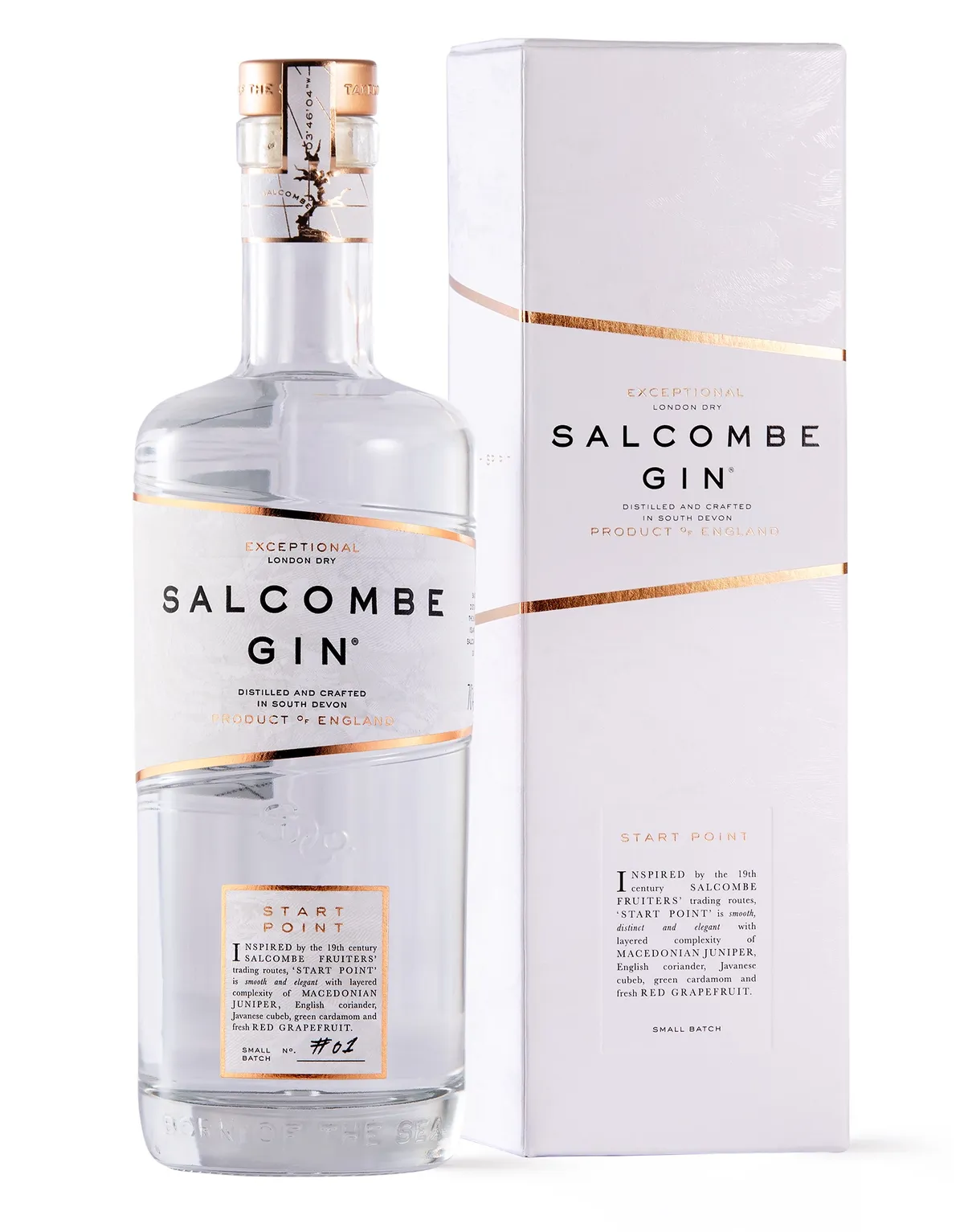
With a love of sailing, the sea and the outdoors in the founders' hearts, Salcombe Distilling Co. (named after the Salcombe Bay in which the distillery is based) has sustainability and wildlife conservation as a core part of its business. Alongside a number of initiatives to use energy from renewable sources, create a gin refill scheme and cut down on plastic packaging wherever possible, the company has also partnered up with the Marine Conservation Society (MCS).
1% from the UK sales of their 70cl bottles of ‘Start Point’ (pictured above) and ‘Rosé Sainte Marie’ goes towards the MCS' seagrass regeneration project, equivalent to protecting 2m2. An additional 1m2 is protected with the UK sales of their 70cl bottle of ‘New London Light’ (their non-alcoholic spirit, Amazon).
Seagrass regeneration plays a key part in restoring the health of our ocean's ecosystems, and in fighting the climate crisis: seagrass meadows are able to store carbon dioxide, which contributes to global heating, at a rate 35 times faster than tropical rainforests. These meadows are also able to support 40 times more marine life than seabeds without grass, including endangered seahorses and 50 species of fish.
Reviewed by Megan Shersby, editorial and digital co-ordinator, BBC Wildlife
Seaweed Welsh Dry Gin, St Davids Distillery
- Buy now from St Davids Distillery
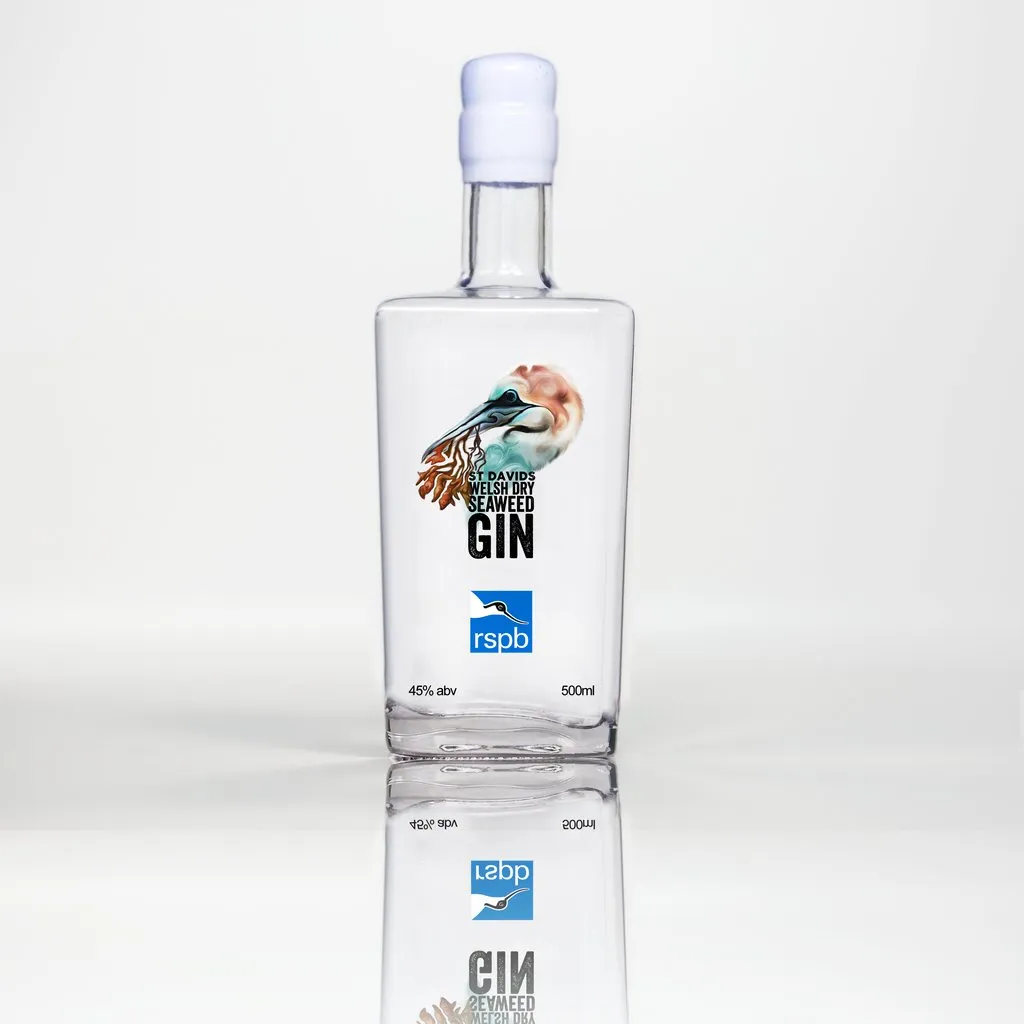
Britain’s smallest city is home to a big idea: local produce, made by local people for the benefit of the local community and its wildlife. Infused with seaweed gathered by a local foraging firm, this gin from St Davids Kitchen isn’t just a great local product (and let’s be clear here, it is a great local product, full of sweetness and spices) but sees 5% of net sales funding the vital work carried out along the Pembrokeshire coast by RSPB Cymru.
RSPB Ramsey Island Site Manager, Greg Morgan said: “The plan is to produce seasonal Ramsey Island gins. Spring will incorporate gorse flower and wild thyme, summer includes sheep's sorrel and wood sage, while autumn and winter will feature Ramsey's fragrant heather and mint. St Davids Kitchen are also hoping to craft a special blend made from juniper berries found on the peninsula.”
Reviewed by Paul McGuinness, editor, BBC Wildlife
Clouded Leopard Gin
- Buy now from Amazon (£38.95), Clouded Leopard Gin (£31.90).
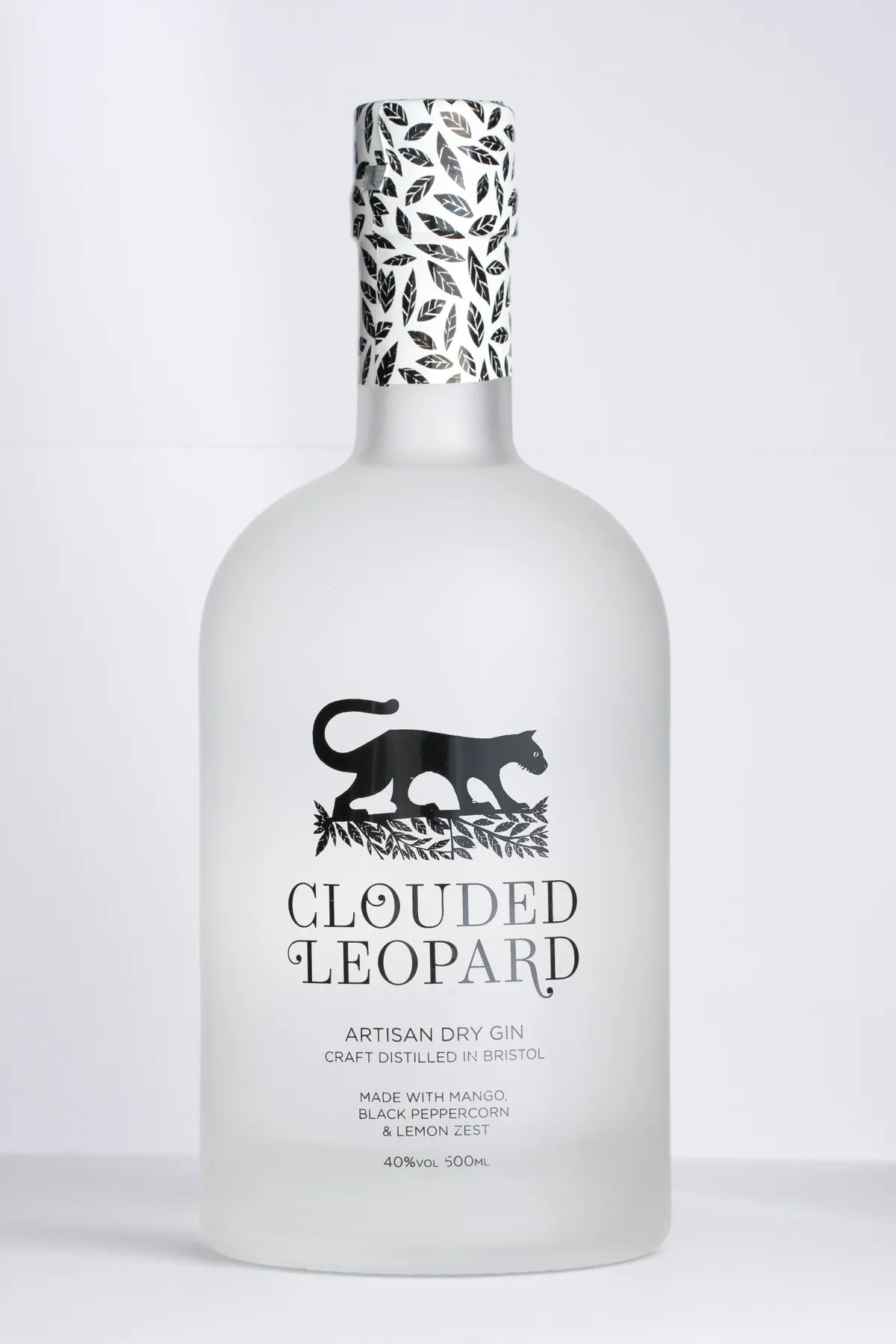
Who doesn't love a G&T - particularly one that allows you to support wildlife as you toast the end of the working week? Created by gastrochef Will Phillips and distilled in Bristol, this rather stylish artisan gin enables you to do exactly that: 15% of the profits from every bottle sold goes directly to the Born Free Foundation, which works to protect clouded leopards (and many other endangered species) in the wild.
Pouring a rather generous double over a glass primed with plentiful ice and a slice, I was promised a classic hit of juniper, followed by a melee of lemon, mango and black pepper. And so it delivered - full-flavoured, not too dry, deliciously refreshing. Roll on next Friday.
Reviewed by Sarah McPherson, features editor, BBC Wildlife
Pangolin Gin
- Buy now from Amazon (£29.28), Pangolin Gin (£29.99)
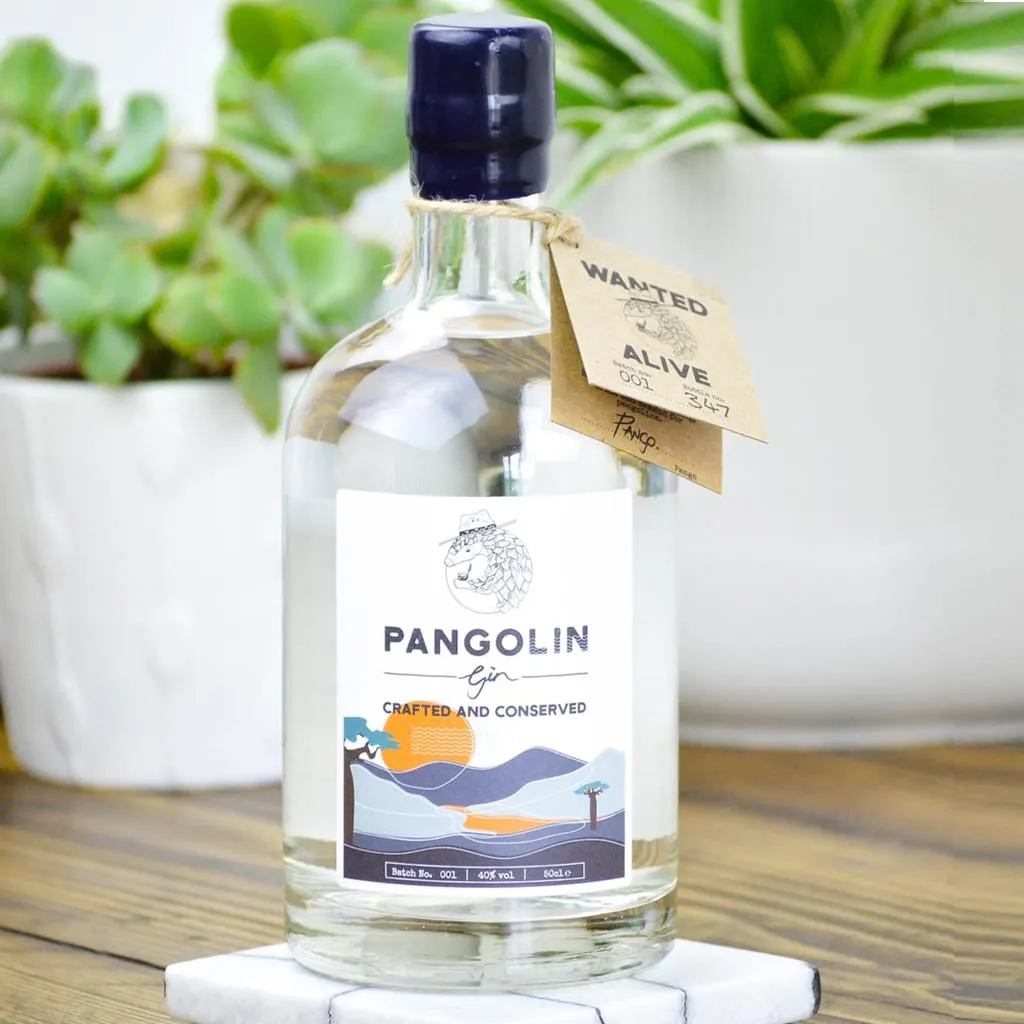
Pangolins and gin might not seem the most natural of companions, but by buying this tipple you will be helping the most trafficked mammal in the world. 10% of profits goes towards the Born Free Foundation and their international pangolin conservation programmes, specifically the Sangha Pangolin Project in the Central African Republic.
The wider continent, where pangolins are illegally traded on markets, provides the inspiration for the gin’s blend of rare botanicals, combining baobab and honeybush with zingy bursts of citrus and smoky cardamom. The family run brewery in Staffordshire offers Pink Citrus (Amazon, Pangolin Gin) and Navy Strength (Amazon, Pangolin Gin) versions too. It’s an easy way to help a conservation cause and make a guilty pleasure a little less guilty.
Reviewed by Catherine Smalley, production editor, BBC Wildlife
Strawberry Pink Gin Liqueur, Nene Valley Spirits
- Buy now from Nene Valley Spirits (£24.00).
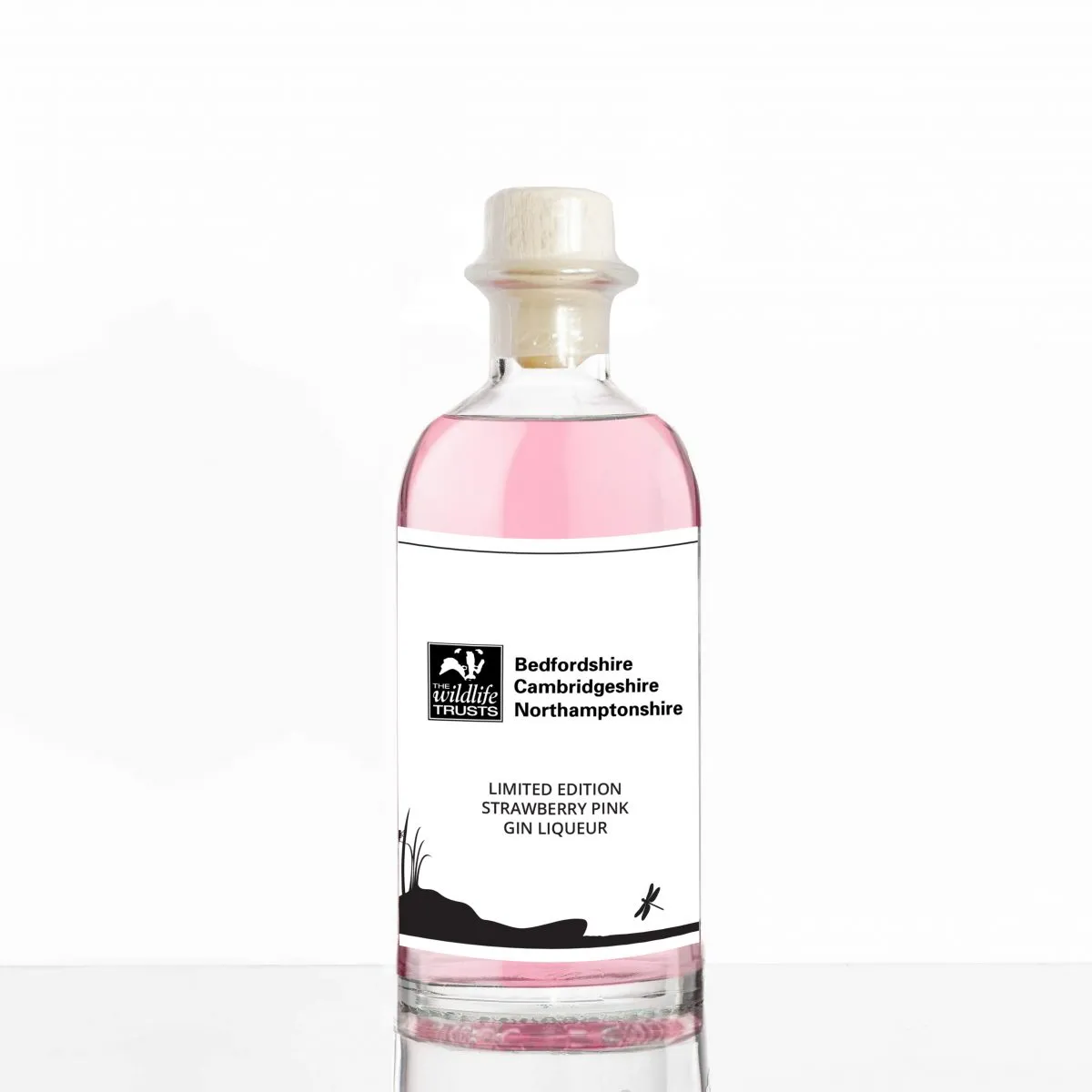
Drink a toast to our beautiful native wildlife while you simultaneously help conserve it by investing in this limited edition pink gin liqueur, created by Nene Valley Spirits. £5 from every bottle goes to support the work of the Bedfordshire, Cambridgeshire and Northamptonshire Wildlife Trust, restoring local wildlife and protecting wild spaces in over 100 nature reserves.
The handcrafted small batch gin is flavoured with natural strawberry, giving it a light fruity taste and distinctive colour. It’s perfect for cocktails, such as a variation on the Kir Royale theme, but it’s equally tasty with tonic over ice.
Reviewed by Aoife Glass, former digital strategist, BBC Wildlife
Carabus Gin, The Papillon Distillery
- Buy now from Jaded Palates (£38.00).
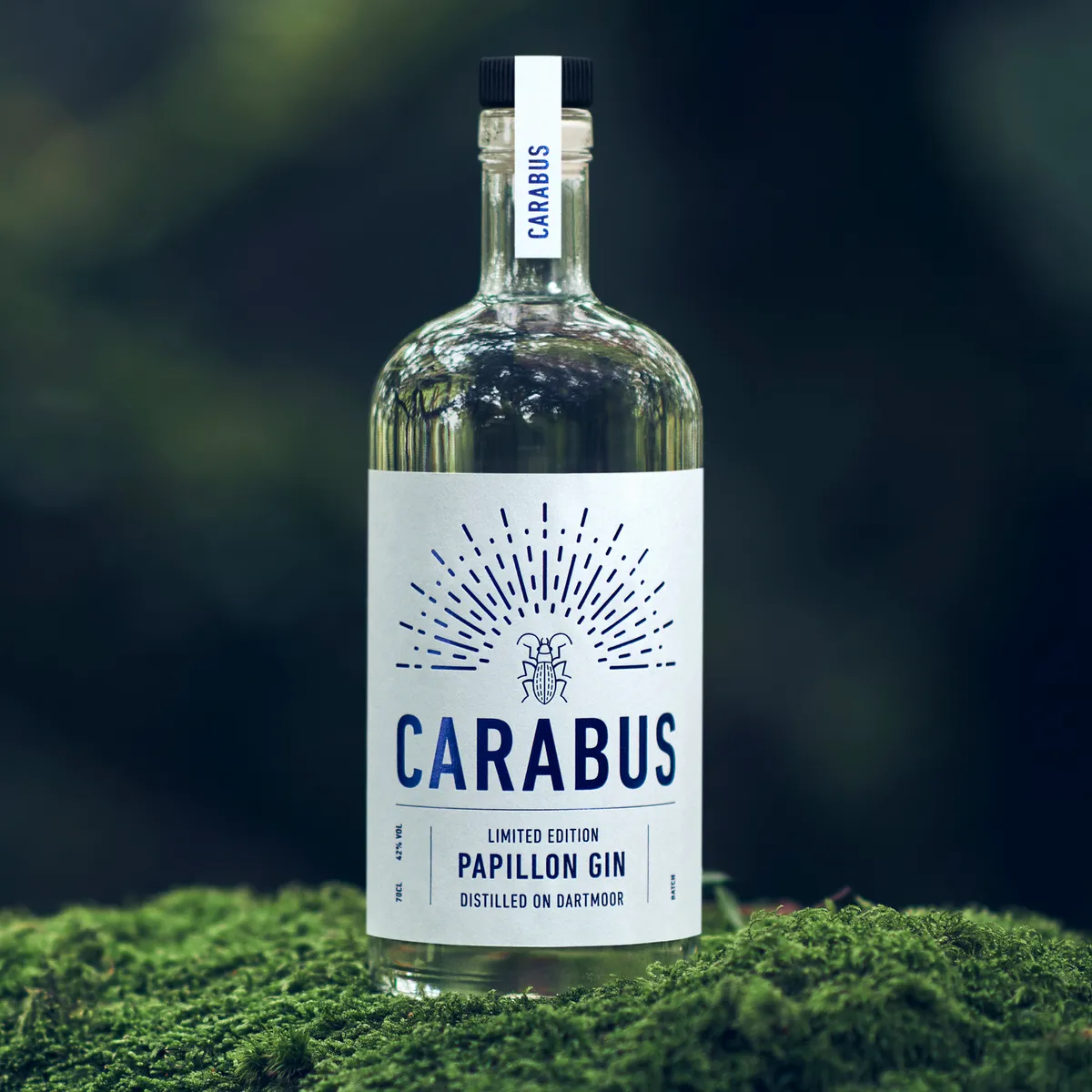
Nobody ever said that the life of a naturalist was a bed of roses, but spare a thought for BBC Wildlife columnist Nick Baker, who has gone the extra mile in a desperate bid to help the species he loves. Take his work with the Papillon Distillery on his native Dartmoor, for example. Painstakingly blending a gin that features such local foragables as rowan and hawthorn berries, nettles and wood sorrel, Nick has helped create the limited edition Carabus gin.
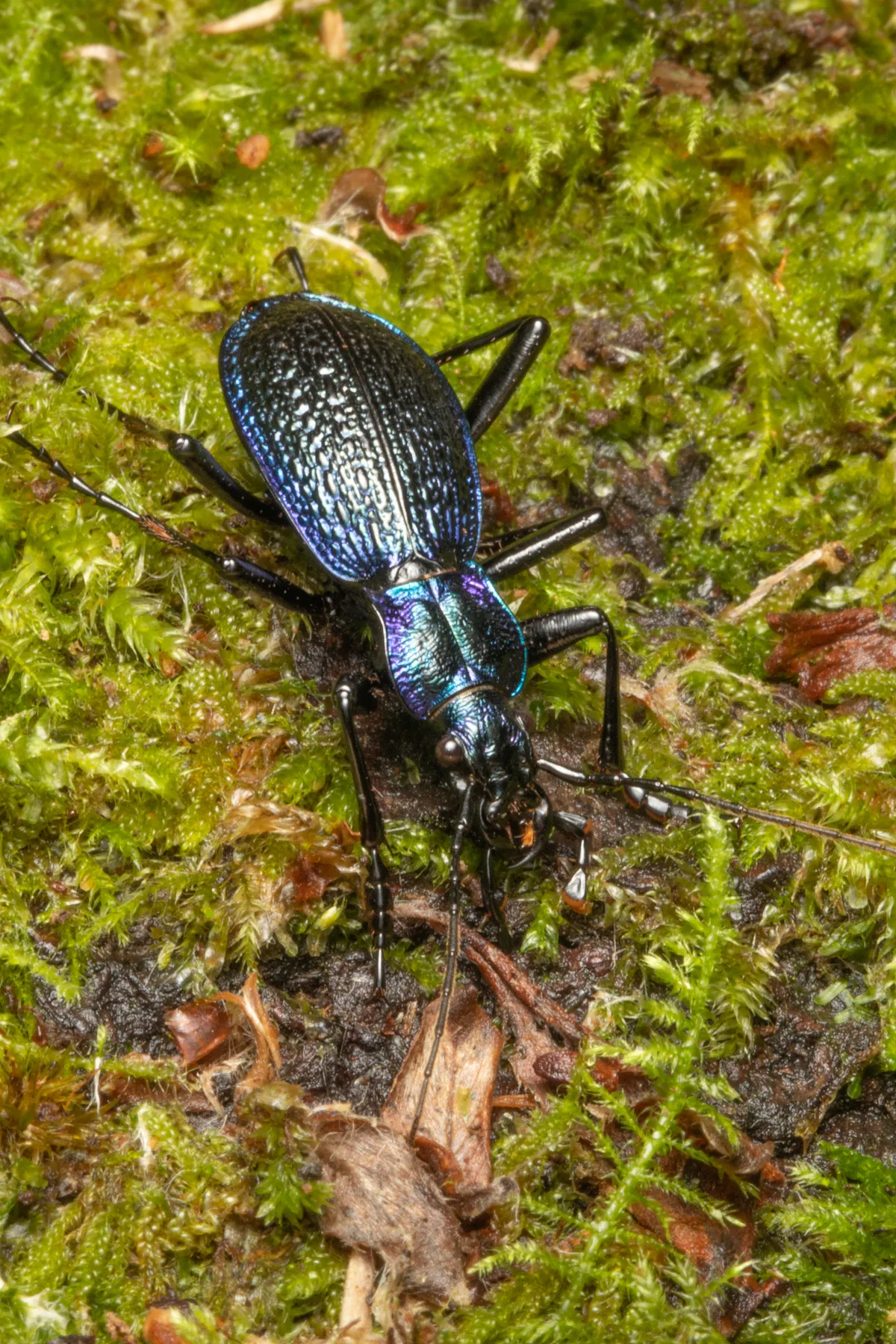
The delicious (and moreish) blend is all for a cause close to Nick’s heart, with £2 per bottle being donated to Buglife in support of Dartmoor’s blue ground beetle (Carabus intricatus – hence the name). Cheers, Nick!
Reviewed by Paul McGuinness, editor, BBC Wildlife
Tarsier, Southeast Asian Dry Gin
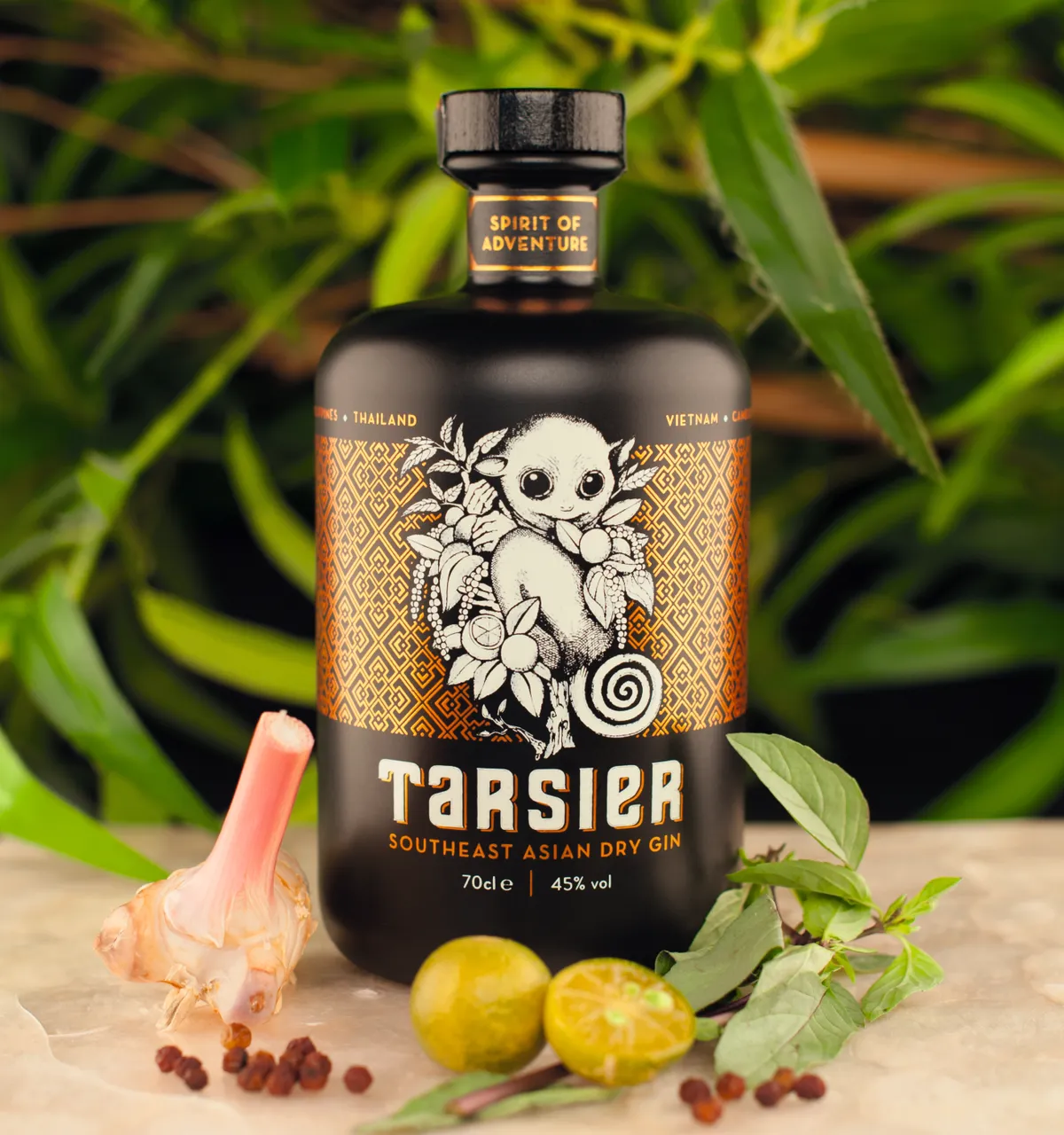
Full of citrus, spice and – if you’re fond of South-East Asian cuisine – everything nice, this award-winning aromatic gin is on the savoury side with a warming peppery tang. Born out of the makers’ travels to the Philippines, Thailand, Vietnam and Cambodia, the company donates 10% of its profits to conservation efforts to help the tarsier, a small South-East Asian primate, and its habitat. Tarsier also makes an Oriental Pink gin (Amazon).
Reviewed by Angharad Moran, former production editor, BBC Wildlife
Main image: Two glasses of gin and tonic. © Getty